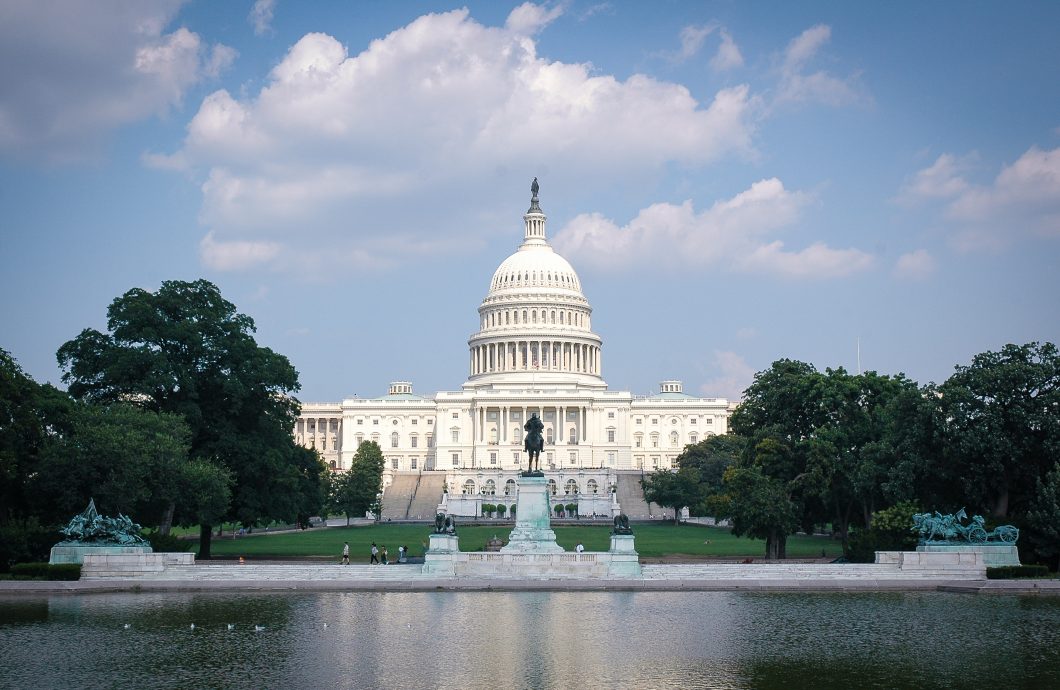Identity Politics and American Character: A Symposium
The essays in this symposium are based on longer papers that were prepared for the third conference in the Ryan Foundation’s American National Character Project. As has been discussed in introductions to previous symposia on this topic, members of the founding generation such as George Washington and James Madison argued that the success of our country would depend on Americans forming a national character and seeing themselves as one people united in a common project of republican self-government.
Responding to the widespread sense of crisis and division in America today, the American National Character Project aims to understand the nature of the American regime and the character of the citizenry for which it was designed, as well as evaluate how that regime and the American people have changed over time. Ultimately, our purpose is to determine how we can maintain republican self-governance in twenty-first-century America.
The present symposium considers specifically the challenge that contemporary identity politics presents to the future of our republic. One of the chief worries is that identity politics is inherently divisive—it offers no possibility of shared citizenship transcending group differences. Instead, it treats group differences as intractable and characterizes relations between groups as everlasting power struggles. Another concern is that it is out of step with the nature of our regime. Rather than counseling individual liberty and responsibility within a regime of justice and equality, defenders of identity politics demand government action beyond the spirit and constitutional limits of our government in order to provide desired outcomes for some Americans at the expense of others.
While these authors do not all agree in precise detail on the nature of the problem, or the path forward, they all see that identity politics threatens our shared sense of citizenship and contributes to our present woes.
The first two essays address these concerns while exploring the nature and origins of identity politics. Thomas G. West argues that the claims made by proponents of identity politics are grounded in a conception of justice articulated by theorists such as Ronald Dworkin and John Rawls. According to this view, we must aim for “equal concern and respect” for all and, crucially, utilize government to redress inequalities. West argues that another decisive step is taken when this requirement is applied to groups rather than individuals. The result is the view now prevalent that government must treat individuals unequally in order to bring about the desired vision of equality for members of certain groups.
Joshua Mitchell argues that the source of identity politics is not just political or intellectual but, most fundamentally, religious. More specifically, it is a politicized religious movement that applies categories of transgression and innocence to people as group members, rather than maintaining a distinction between politics and religion and treating people as individuals with a presumption of innocence in keeping with the Anglo-American legal tradition.
The remaining essays acknowledge to varying degrees the differences and grievances that underlie identity politics, argue that identitarianism goes too far and is destructive to our national character. Thomas Chatterton Williams argues that it is a “sword that anyone can yield” and that the essentially divisive nature of identity politics can only lead us down a path of increasing intergroup conflict. He argues that we need to find a new vision of liberalism, and new policies, that can unite us while acknowledging our persisting differences.
Somewhat similarly, Elizabeth Corey suggests that we seek to understand identity politics from the perspective of its proponents and acknowledge the good they seek. At the same time, she argues that identity politics must be transcended because narratives of oppression make a more positive vision for common citizenship in the future impossible.
Finally, Wilfred McClay ties the rise of identity politics to a need to feel that one belongs to something in the midst of mass society. Recognizing a positive role for identity groups that mediate between the individual and the state, McClay nevertheless argues that identity politics is contrary to our national ethos and have arisen in part because that ethos has faltered. He focuses on the need for a practice of liberal education that teaches our shared history as the necessary commonality that is the backdrop to our pluralism.
While these authors do not all agree in precise detail on the nature of the problem, or the path forward, they all see that identity politics threatens our shared sense of citizenship and contributes to our present woes. While we should acknowledge some of the concerns animating identity politics, we must find a different narrative, one that better fits the character of our regime, if we are to restore collective self-government in America.



